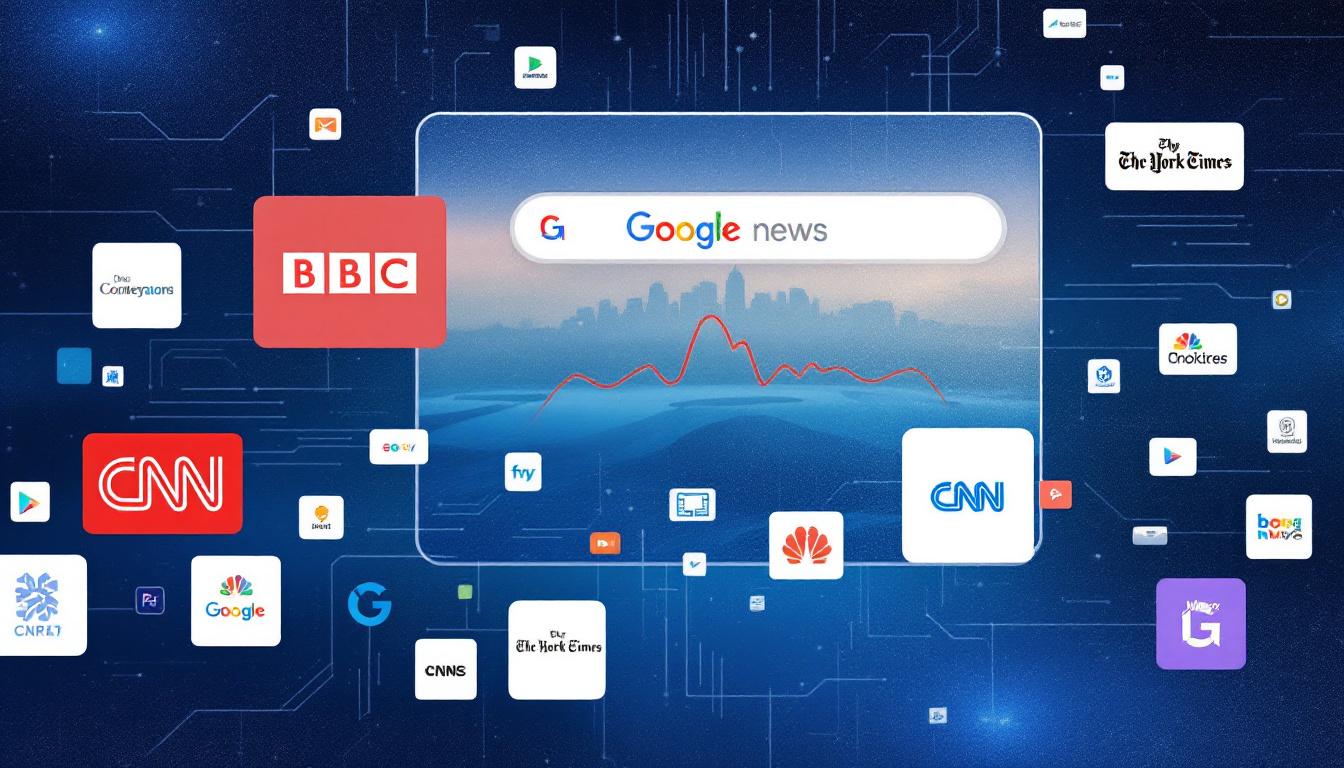Recent findings highlight that marketers are not fully capitalizing on generative AI technologies.
LinkWhisper
The ultimate internal linking plugin for WordPress that can elevate your on-page SEO. Recognized as the finest in the field. Simple to install with powerful features.
Contrary to the rising personal applications of AI, such as therapy and organizational tools, marketing-related tasks are trailing in usage and popularity.
Personal AI Applications Surpass Marketing Uses
The latest study delves into how individuals are embracing generative AI, revealing a significant preference for personal enhancement over professional marketing functions.
Leading Personal Use Cases
The research identifies key areas where generative AI is making the most impact in people’s daily lives.
Top applications include therapy and companionship, life organization, and seeking purpose. These areas have seen a notable shift from technical to emotional and existential uses over the past year.
Marc Zao-Sanders, author of the “Top-100 Gen AI Use Case” report, notes this trend by stating, “There has been a clear move from using AI for technical tasks to leveraging it for personal well-being and life management.” In stark contrast, marketing-related AI applications such as ad creation and social media content generation rank significantly lower, indicating a missed opportunity for marketers.
Exploring the Reasons Behind Low Marketing Adoption
Understanding why marketers are not embracing generative AI to its full potential involves examining several underlying factors.
Misalignment with User Preferences
One major reason marketers may be lagging is the misalignment between AI capabilities and user interests.
Zao-Sanders suggests that experts initially anticipated AI’s success in technical domains.
However, the research shows a greater affinity for AI assisting with personal and emotional needs, which marketers have not fully leveraged.
Enhanced User Proficiency
Another contributing factor is the improved ability of users to interact effectively with AI tools.
As users become more skilled at crafting prompts and understanding AI limitations, their interactions with AI become more meaningful and aligned with personal interests, leaving less room for traditional marketing applications.
These insights indicate that marketers need to reassess their approach to integrating generative AI, taking into account the evolving ways in which users engage with technology.
Strategies to Align Marketing with Popular AI Trends
To bridge the gap between current AI usage and marketing applications, marketers can adopt strategies inspired by the most successful AI use cases.
Building Emotional Connections
Fostering a personal and supportive interaction can make AI tools more appealing to users.
Marketing AI tools should aim to be more conversational and empathetic, mirroring the qualities that make personal AI applications resonate with individuals.
Enhancing Workflow Organization
AI can play a pivotal role in streamlining marketing processes, beyond just content creation.
By focusing on organizing workflows, marketers can utilize AI to manage tasks more effectively, aligning with how users employ AI for life organization.
Promoting Skill Development
Highlighting the educational benefits of AI can increase its appeal in marketing contexts.
Marketing applications should emphasize how they can aid in building and enhancing skills, similar to how users leverage AI for learning and personal growth. One notable marketing-related AI use case that gained higher recognition was “Generate ideas,” which ranked at number six.
This suggests that initiating ideation processes might be a more effective entry point for marketers than focusing solely on finished content.
Actionable Recommendations for Marketers
Based on the study’s findings, several practical steps can help marketers better integrate generative AI into their strategies.
Emphasize Personal Benefits
Shifting the focus to how AI tools can personally benefit users can enhance their adoption in marketing.
Instead of solely highlighting productivity gains, marketers should showcase the personal advantages of using AI, making the tools more relatable and appealing.
Master Effective Prompting
Developing expertise in crafting effective AI prompts can significantly improve the output and relevance of AI-generated content.
The report provides examples of successful prompts that marketers can adapt to enhance their interactions with AI, ensuring more precise and valuable results.
Integrate Personal and Professional Uses
Creating AI tools that serve both personal and work-related purposes can increase their utility and popularity.
By designing applications that assist in various aspects of users’ lives, marketers can ensure broader engagement and satisfaction.
Ensure Data Transparency
Addressing concerns about data privacy is crucial for gaining user trust and encouraging AI adoption.
Marketers should be transparent about how user information is protected, alleviating fears and building confidence in AI tools.
Implementing these strategies can help marketers harness generative AI more effectively, aligning their efforts with the evolving preferences and behaviors of users.
The Bottom Line
Marc Zao-Sanders concludes, “AI continues to advance, and so do the ways we apply it.
Marketers have a prime opportunity to integrate these tools into their workflows now.” While generative AI usage in marketing is currently limited, this presents a chance for marketers to pioneer innovative applications.
By learning from the most successful AI use cases, marketers can develop robust strategies that meet both personal and professional needs. For a comprehensive analysis, the full report offers detailed insights into real-world AI applications, guiding marketers toward more effective AI integration.








